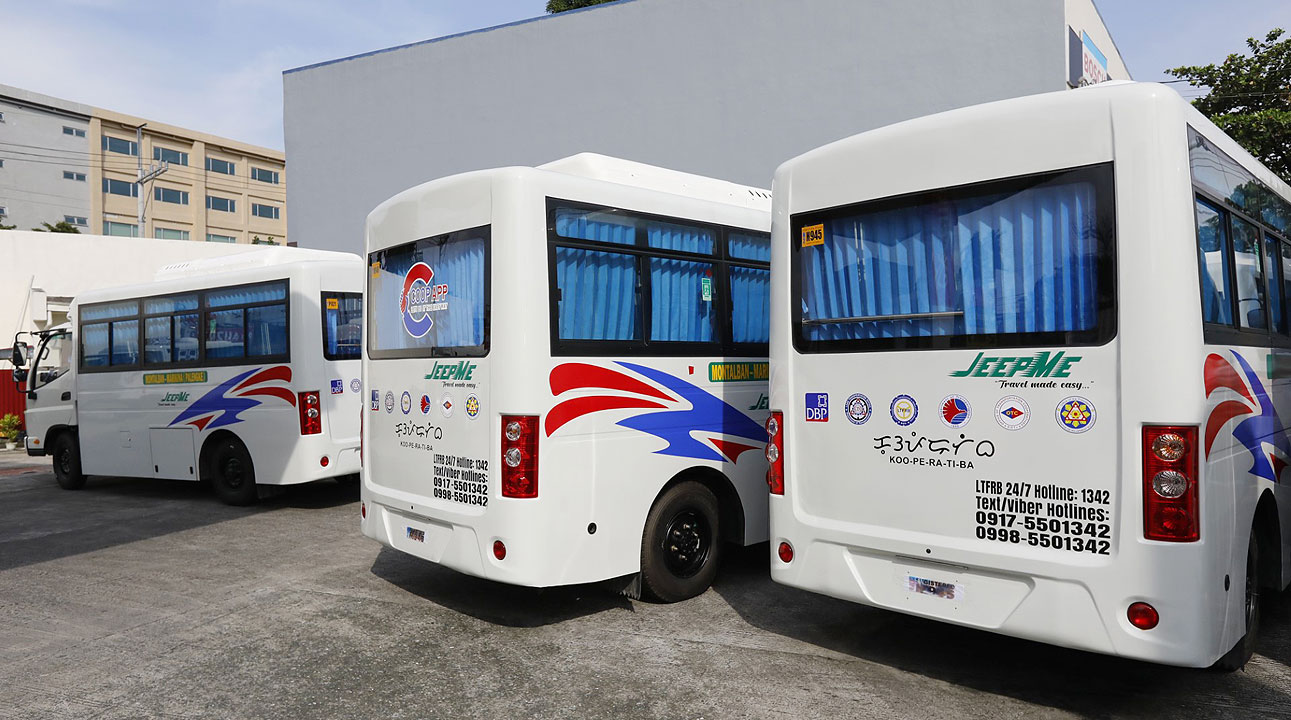
ELECTRIC JEEPNEY adoption in the Philippines needs a push from government subsidies and incentives, according to a climate and energy policy group.
“Technology alone cannot drive change, and the systems approach to transitioning our public transport system cannot be overemphasized. We have to invest in the capacity of transport cooperatives, workers, and drivers, and strengthen partnerships among all stakeholders,” Institute for Climate and Sustainable Cities (ICSC) Director for Urban Development Maria Golda P. Hilario said in a statement on Thursday.
In a report by Sandy Mae Gaspay and Arse John Salison, “The Economics of e-Jeepney Transport Operations: Business Models, Enabling Factors, and Current Challenges,” the ICSC said among the challenges to accelerating electric jeepney adoption are the lack of a public transport route plan and access to financing.
“Support from the government, in terms of capacity building, subsidies, and service contracting, will be vital in the early stages to establish a firm foundation for these modernized fleets,” it said.
The government’s Public Utility Vehicle Modernization Program (PUVMP) aims to modernize traditional jeepneys with environmentally friendly vehicles that are costlier.
The program requires operators to consolidate individual franchises under cooperatives or corporations to facilitate the acquisition of new vehicles.
In 2023, the Electric Vehicle Association of the Philippines (EVAP) said it anticipates an electric vehicle fleet of seven million by 2030 as the Department of Energy pushes to accelerate EV adoptions.
Last year, EVAP estimated the EV fleet at 15,300 units, including 354 electric motorcycles and 88 electric buses.
Rene S. Santiago, former president of the Transportation Science Society of the Philippines, said fully electrifying jeepneys is impossible without government subsidies.
“Electrifying jeepneys is a pipe dream… If the government wants to accelerate EVs, it needs to subsidize 80% of purchase price,” Mr. Santiago said in a Viber message.
“At this point, it might be difficult to fully electrify jeepneys and other public transport vehicles, given the prohibitive capital outlay required to enter the commercial electric vehicle sector,” according to Terry L. Ridon, a public investment analyst and convenor of think tank InfraWatch PH.
The ICSC has recommended that to fully shift to EVs, the government must prioritize incentive schemes and rationalize routes.
To date, the Land Transportation Franchising and Regulatory Board is still in the process of completing the PUVMP route rationalization plan.
Route rationalization configures routes to better match passenger demand. — Ashley Erika O. Jose



